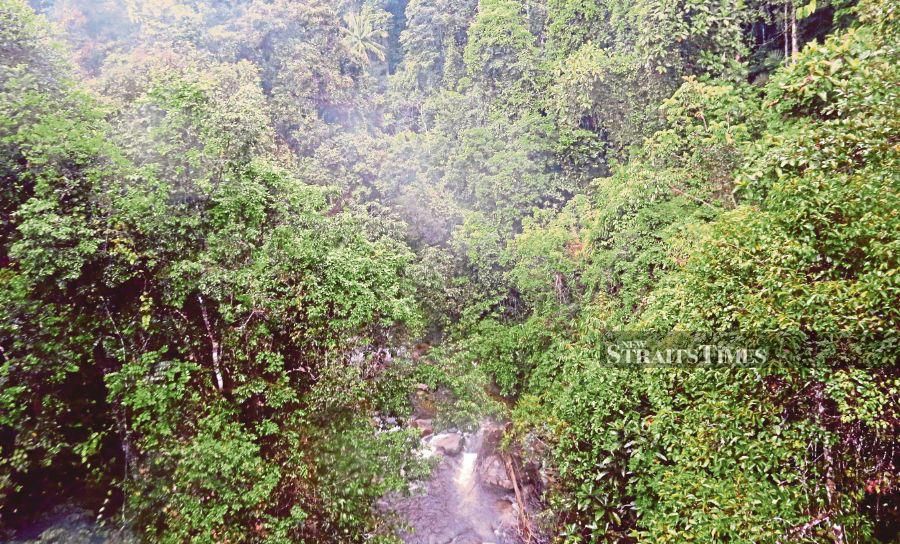By Olivia Miwil - November 11, 2021 @ 10:17pm
KOTA KINABALU: A group of environmental and social civil society organisations are demanding that the Sabah government come clean on a two million hectares carbon deal related to Borneo.
A news report had recently stated that Sabah leaders had on Oct 30 signed a deal to market carbon and other natural capital from more than two million hectares (4.9 million acres) of the state's forests for the next 100 years.
The report also claimed that the deal would grant 30 per cent of the profits to Australian and Singaporean companies.
The group of civil societies today voiced its collective concern for transparency and due process.
"Any such agreement involving major public assets of state heritage, which the government holds in trust, must be entered into with the prior knowledge of its society and stakeholders. Decisions today will impact many generations," it said in a joint statement.
The statement was co-signed by the Bornean Sun Bear Conservation Centre, Borneo Rhino Alliance, Danau Girang Field Centre, Future Alam Borneo, Land Empowerment Animals People (LEAP), PACOS Trust, Sabah Environmental Trust, Seratu Aatai, South East Asia Rainforest Research Partnership and WWF Malaysia.
The group said it was also reported that a source, sharing a copy of a letter from Sabah's Attorney General, had acknowledged that the agreement had several significant missing components which include designated area maps.
"It further claimed the deal may not be finalised because issues concerning native customary rights and previous carbon trading agreements are complex and will take some time to resolve.
"However, no information on what was signed, or the proposed arrangements apparently being explored, have yet been made available to the public.
"In this day and age there are safeguards in place – locally, nationally and internationally – that make transparency and consultation of stakeholders the foundation for decisions like this."
The statement also noted that Free, Prior and Informed Consent (FPIC) was enshrined within the United Nations Declaration on the Rights of Indigenous Peoples, of which Malaysia is a signatory.
"Today, transparency and FPIC are key to a good reputation.
"Approval of agreements at this scale cannot be done without technical review of the terms and a transparent process.
"There must be rigorous open tendering and evaluation processes that scrutinise candidates and options for partnerships to ensure they best align with interests of Sabah and Sabahans present and future."
The group said Sabah has the in-house capacity to manage and market its own carbon to the world without the need to share profits with external brokers.
Signing such a deal, it claimed, will also have implications for existing conservation, carbon and ecosystem service agreements that have been initiated by Sabah's own institutions and longstanding partners.
"Many in the civil service, civil society and private sector have worked hard over the decades to build Sabah's good work and reputation in conservation, and reputation underpins carbon prices and credibility.
"Regional or international entities doing due diligence to invest under this deal in Sabah will investigate these matters as part of verification under independent international standards such as Verified Carbon Standard."

Comments
Post a Comment